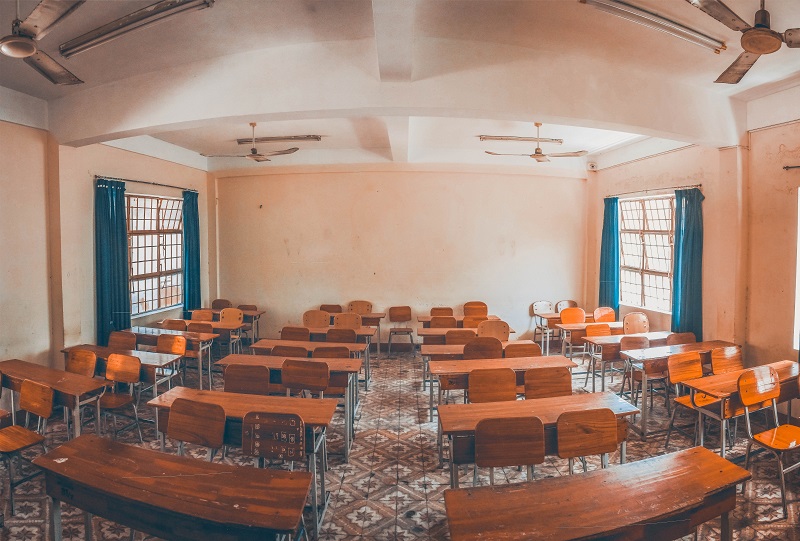托福独立写作题目
Some people think that learning in a smaller class is better, while others think that learning in a bigger class is better. Which one do you agree with?

1
In terms of the debate over what the optimum(最·佳的) class size is, advocates of big classes believe such classes are more energetic, encouraging students to think actively, while others favor smaller classes that can provide a favourable ambience (氛围) for study. I am convinced of the latter claim.
2
Bigger classes can indeed develop students’ certain qualities. Specifically, a class with more students does not allow teachers to work one-on-one with(一对一) each of them, and they can therefore learn to think independently in the way of working with peers. However, in most big classes, disruptions may come ahead of the cultivation of independence and ability to work in team. It doesn’t take a leap of imagination to picture(不难想象) how chaotic the class would be during in-class discussions: (具体噪音是些啥) noises like constant rustling of papers, whispering, and students moving their seats would distract students, and odds are good that(极有可能) those absent-minded students would think nothing but where the noises are from. (记得做出对比,而且要点对点,也就是嘈杂VS 安静) Unlike bigger classes, smaller ones, with few distractions, enable students to stay focused on the topic. Without digressions(离题), the efficiency is largely improved.
3
Moreover, teachers of bigger classes often waste a great deal of time on administrative tasks like (列举) taking attendance and passing out papers. Worse, those teachers, in a rush to (匆匆忙忙) grade a huge stack of papers, may find it impossible to provide individual feedback and they may simply give the grade in addition to a quick comment or two. (同样的,展开对比。围绕点:精细反馈VS粗糙反馈) On the contrary, teachers of smaller classes do not have to deal with too many miscellaneous matters, and they therefore have more time to instruct students, in which case more detailed feedback may be provided as a result. More importantly, with fewer students, the best student and the poorest student in the class are not quite so far apart, simplifying the teaching process. In this way, with tailored (量身定做的) and elaborated(详解的) feedback, students can better reflect on their mistakes and weaknesses, and the teaching quality is boosted.
4
Smaller classes enable students to bond with each other. Instead of being another face in a huge crowd, students are more likely to develop deep and lasting relationships with other students around them in smaller classes. This also has academic benefits: if one student has question about homework, he/she is more likely to know who to call for a quick chat. (不妨采取这样的措辞取代“ask questions”,因为更有画面感) (这是举个人事例的好地方呀, 同学们还快动手)
5
In conclusion, small classes, as opposed to bigger ones, can provide optimum conditions for effective learning.